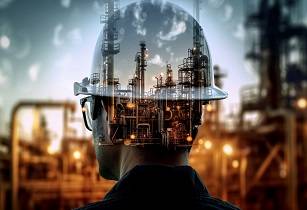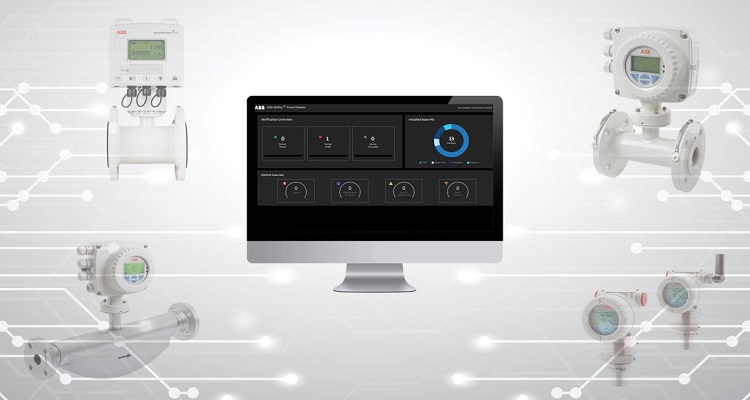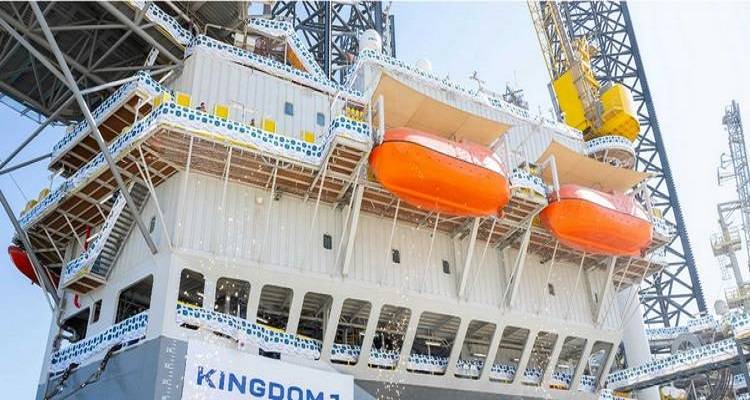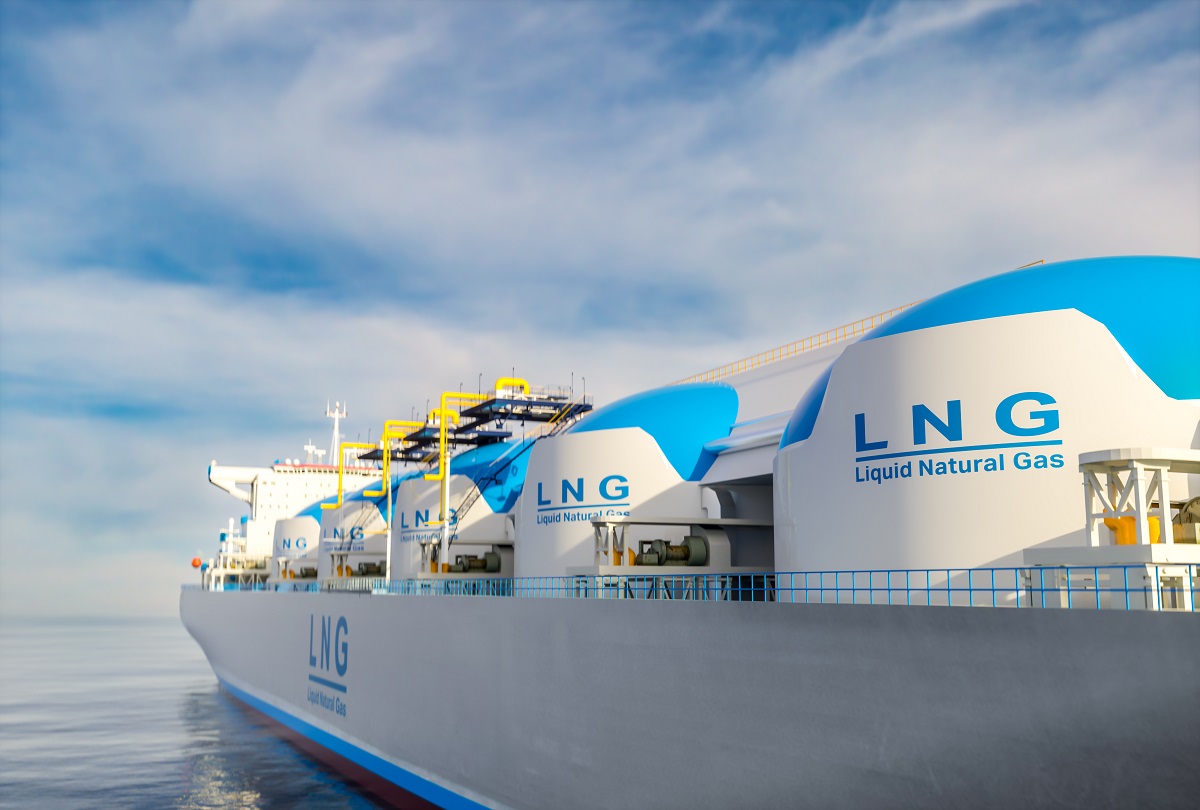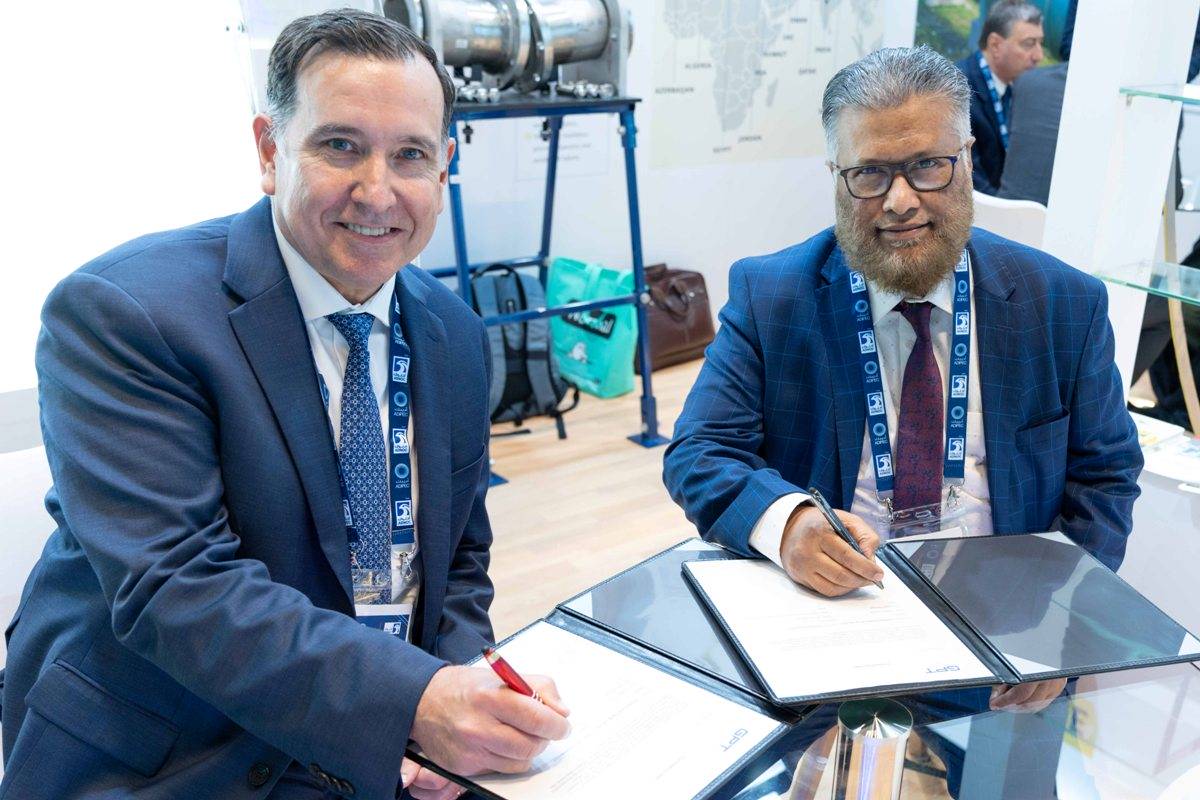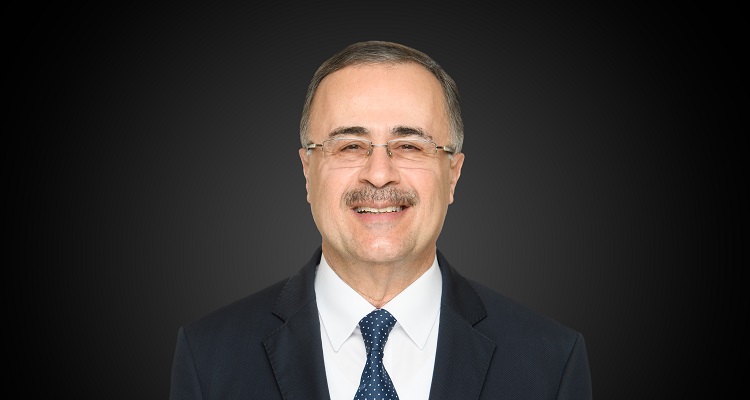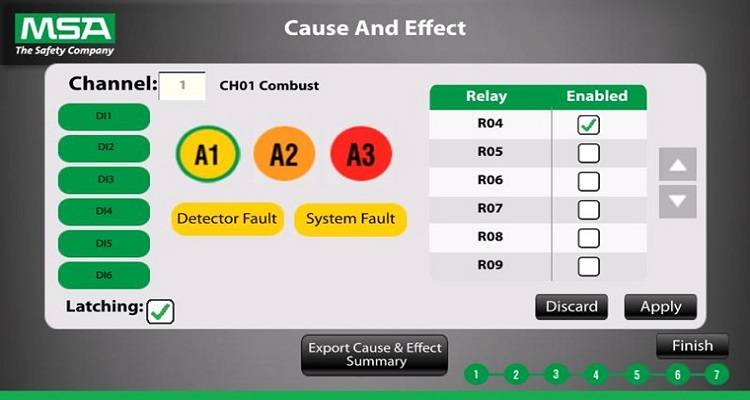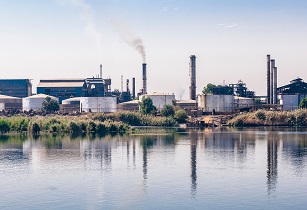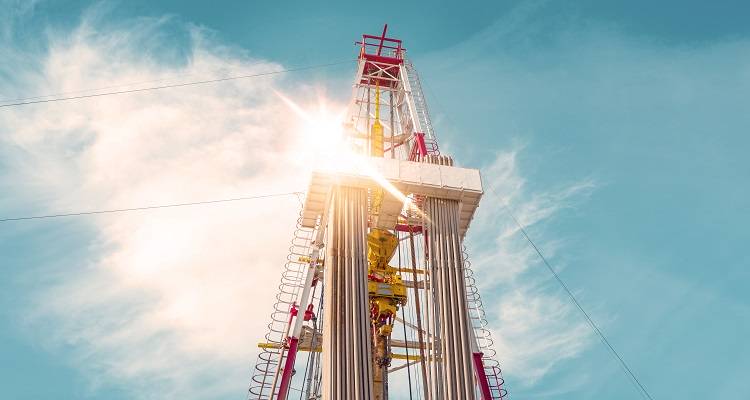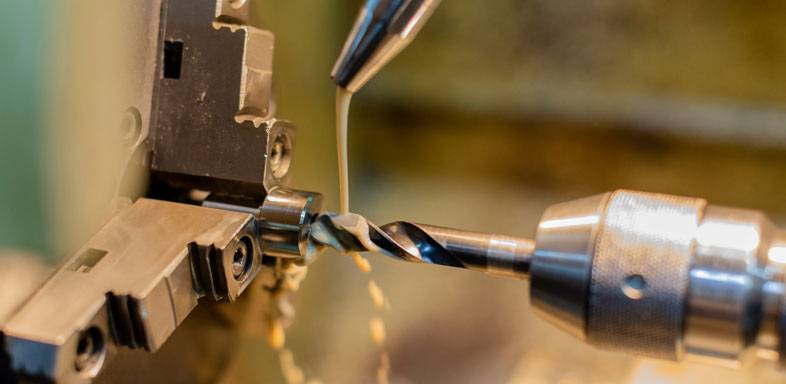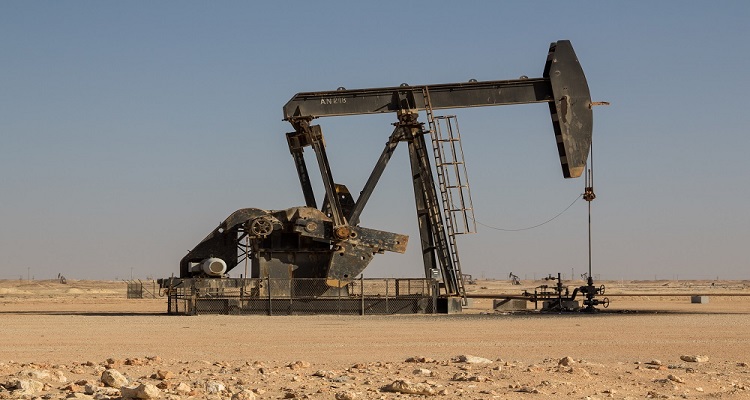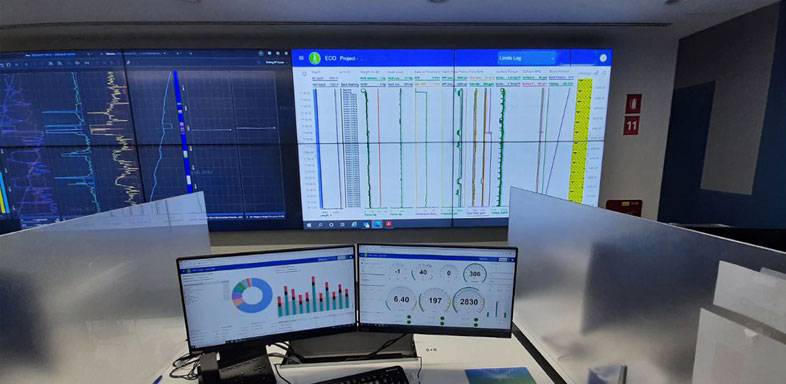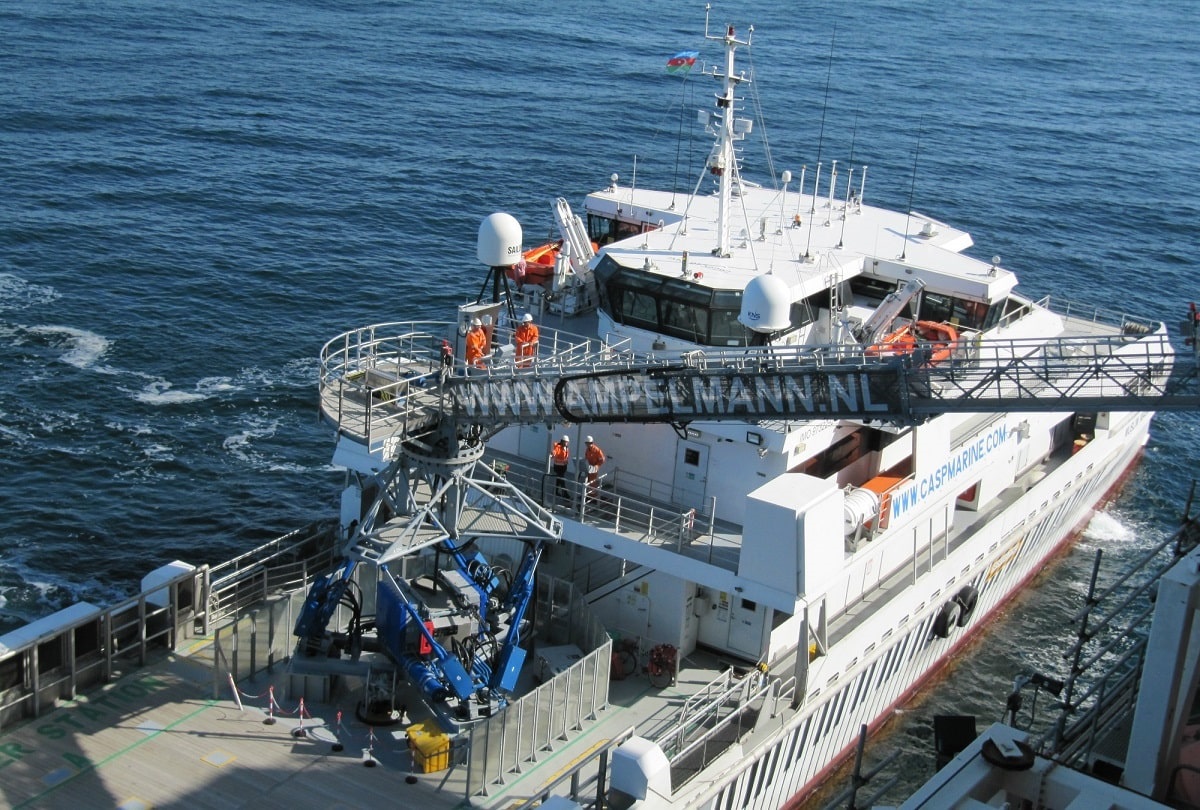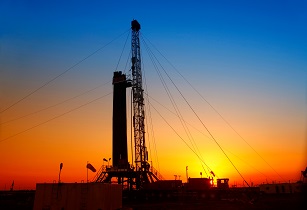Nouryon and Gasunie are studying an expansion of a planned green hydrogen unit at Delfzijl, the Netherlands to meet aviation fuels demand
The feasibility study follows a deal to convert sustainable electricity into green hydrogen for SkyNRG. The plant, which would convert renewable electricity into green hydrogen through water electrolysis, could be scaled up from 20 MW to at least 60 MW– allowing a yearly conversion of 9,000 tonnes of green hydrogen.
Green hydrogen would be combined with waste and residue streams such as used cooking oil to produce 100,000 tonnes of sustainable aviation fuel and 15,000 tonnes of bioLPG per year.
Flying with sustainable aviation fuel results in a reduction of at least 85 per cent in CO2 emissions compared to conventional kerosene. It also results in lower ultra-fine particulate matter and sulphur emissions. The Delfzijl fuel unit’s output would be equivalent to an annual reduction of 270,000 tonnes of CO2.
Knut Schwalenberg, managing director industrial chemicals at Nouryon, said, “Green hydrogen is a sustainable alternative to fossil-based raw materials and makes new forms of green chemistry possible – relevant for many markets in which we operate. This project is an important step in scaling up the electrolysis technology and supports long-term growth in the market for sustainably produced hydrogen.”
Gerard van Pijkeren, managing director at Gasunie new energy, added, “Gas infrastructure plays a connecting and facilitating role in the energy transition. Also, for aviation, because it is used as feedstock for the production of sustainable kerosene. With the first Dutch electrolyser of one megawatt, at Zuidwending, in the province of Groningen, we have started the use of sustainable produced hydrogen.”
“The plans for a 20 MW electrolyser – as we are currently developing with Nouryon in Delfzijl – already being scaled up, confirm the fast-growing need for hydrogen and for hydrogen transport and storage. We’re developing this infrastructure together with our partners. This enables hydrogen to be used on a larger scale in the production of sustainable kerosene,”
Nouryon and Gasunie expect to take the final investment decision on the first phase of the Delfzijl project in early 2020. A decision on the expansion to 60 megawatts is expected at the end of 2020.






